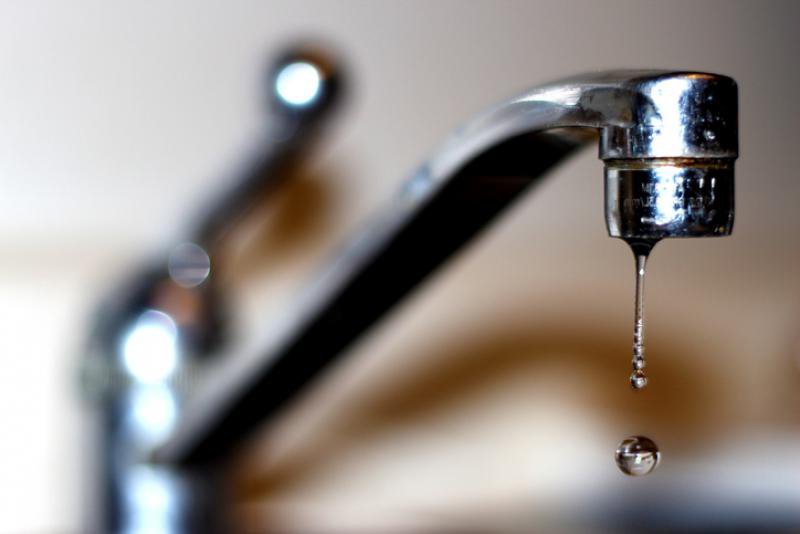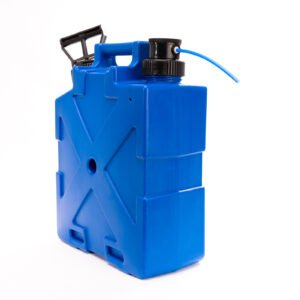The facts About Household Water Wastage
Sydney Water is an Australian state owned entity, dedicated to delivering essential and sustainable water solutions for the benefit of the community. They have run extensive surveys on numerous households and these are the frightening facts that all of us should be aware of:
- A toilet that continues to leak with out you realizing will be wasting more than 16,000 liters of water a year.
- A dripping tap wastes up to 2000 liters per minute that it drips. At 24,000 liters worth of drips per year. That drip uses more water than the total average annual water usage of a household
- If you had to leave a tap running it would waste a total of 17 liters, per minute
Hygiene is the #1 cause of Gastro
How to keep ‘Taps’ on your Water Usages
1. Check For Leaks
Damp patches are a tell tale sign of a leak. Have a look in your garden for damp patches on the lawn that might be caused by a leak in your swimming pool. If there are random damp patches in your garden check that no roots are interfering with underground pipe systems.
Check your walls and ceilings for damp marks where pipes may be leaking. Always check all your taps inside and outside the house for leaks. When checking pipes and taps keep an eye out for rust and damaged joints.
2. Keep an Eye on Your Water Meter
One the easiest ways to keep an eye on your water wastage is to keep checking you water meter. This will also help you find out if you have any leaks. Pick a time during the day when no one can use the bathroom, laundry, kitchen or any taps in the house. The best time to do this is in the night when everyone is sleeping. After about an hour, or in the morning, check the water meter. If it has gone up then you have a leak.
3. Update Your Taps and Facilities
You may feel like it’s a lot of money to spend on the spot, but in the long term upgrading or improving your bathroom, laundry and kitchen facilities will save you more money than you spend in the upgrade.
The western world is wasting so much water!
What star rating is your toilet? A single flush toilet uses about 12 liters of water per flush. If you upgraded to a 4-star rated, dual flush toilet you would only be using as little as 3 liters per flush, without sacrificing the much needed flushing effectiveness of your toilet. This change alone could save you up to 25,000 liters of water per year.
By fitting aerators to the ends of your taps you could reduce your water flow up to 50%, but not sacrifice any effectiveness of the tap, just save water. There are many options when it comes to aerators, but for example, fitting a 6 liter per minute aerator to your tap will save half the water used by an everyday household taps, at the very least. Alternatives that you could look into are control valves and restrictors, which reduce the volume of water passing through a tap.
What rating is your dishwasher? Did you know that most standard automatic dishwashers use more than 40 liters of water in one load of washing? By upgrading to a AAA-rated dishwasher you will only be using 18 liters per cycle.
Get Creative
Leaks in the bathroom can be tricky to pin point. If you have a suspicion that your toilet maybe leaking, try adding a few drops of water coloring into your water cistern. Now, with out using the toilet for about an hour, if the coloring show up in the toilet bowl then you’ve got a leak.
When rinsing your plates or washing your vegetable before cooking, always do so in a half filled sink instead of rinsing under running water. This may seem like a minor detail, but it can save you 6 liters alone.
Rising Population means Increased Wastage
Cutting down on water waste around the household to save money is not the only reason to be reducing wastage. In 1960 the world population was three billion. In 1990 the world population was little over five billion. In 2011, the world population reached 2011. Overpopulation has begun and will continue to take its toll on our water resources, and water will become more scarce, and therefore more expensive. The above methods to identify and cut down on water waste are precautions to protect our water supply as much as they are to cut down on household expenses.
No matter where in the world you live, we recommend that you use to the water efficiency targets set by Sydney Water as a guideline. For more information on world water, visit the official SureAqua website for more articles.
Other Household Water Saving Tips
- Use water-friendly equipments and accessories which cut down the wastage of water. For instance-low flow showerheads, dual flush toilets and water efficient dishwasher. Even installing water saving powerheads can help save gallons of water per minute while brushing or shampooing.
- Stop the use of bottled water at the earliest because it contains carcinogen, neurotoxin xylene and neurotoxin styrene which are very dangerous for health. Moreover bottled water is the same tap water only which many governments already provide. This tap water tested by the concerned authorities is safe and also has a better taste compared to the bottled water. Bottled water leads to increase in carbon content to a great extent so don’t buy it until and unless a necessity. Be safe and drink healthy water. Substitute bottled water with RO water.
- Practice rainwater harvesting by digging a rain barrel and using the collected water for irrigation. This way the water which was used for watering plants could be put to some other useful purposes. The rain water which is waste could be utilized in a proper way.
- Sometimes we waste a lot of water at home like by washing car. It is better to get the car cleaned at a place where recycled water is used. Also be precise in doing your task and do it in the best way.
- Conserving water does not just mean storing the water in tanks and keeping the taps closed. It also means keeping our lakes and rivers clean which we contaminate by disposing off chemicals or other pollutants. This way water becomes of no use and makes you ill.
- Dripping of water can result in loss of large amounts of water. Get all the leaking taps, pipes, sinks or toilets in your home fixed to avoid water wastage. Be careful and handle the water-related accessories in your kitchen, toilet and bathroom properly and keep a check on any water drip.
- All the waste water goes into the soil and contaminates it. So be wise in using water especially while brushing or shaving and wash the dishes and laundry with full load. With little caution today, you can get a joyful life tomorrow.
- It is essential to water the plants but do not overdo it. Also watering the plants in the morning or in the evening when rate of evaporation is low is the best practice. It is good to have lots of plants in house but choose to have the ones which consume less water.
- Make the best use of grey water (the water clean enough to be used the second time) to stop the menace of water wastage. Water from sinks, dishwashers and laundry washer is grey water which is treated to obtain clean water for re-use.
- As the proverb goes’ charity begins at home, similarly follow it in case of water also. Start conserving water at home first and then report against those who waste water. Also inform about any leakages or water-run off to the concerned authorities.




